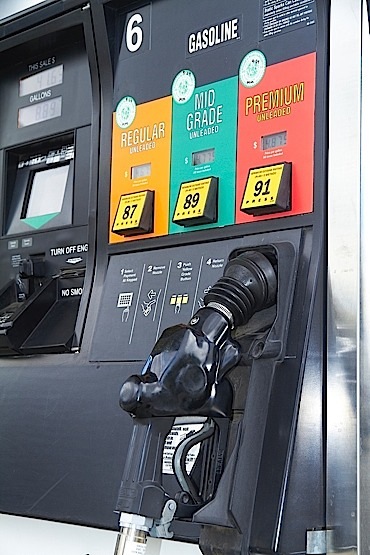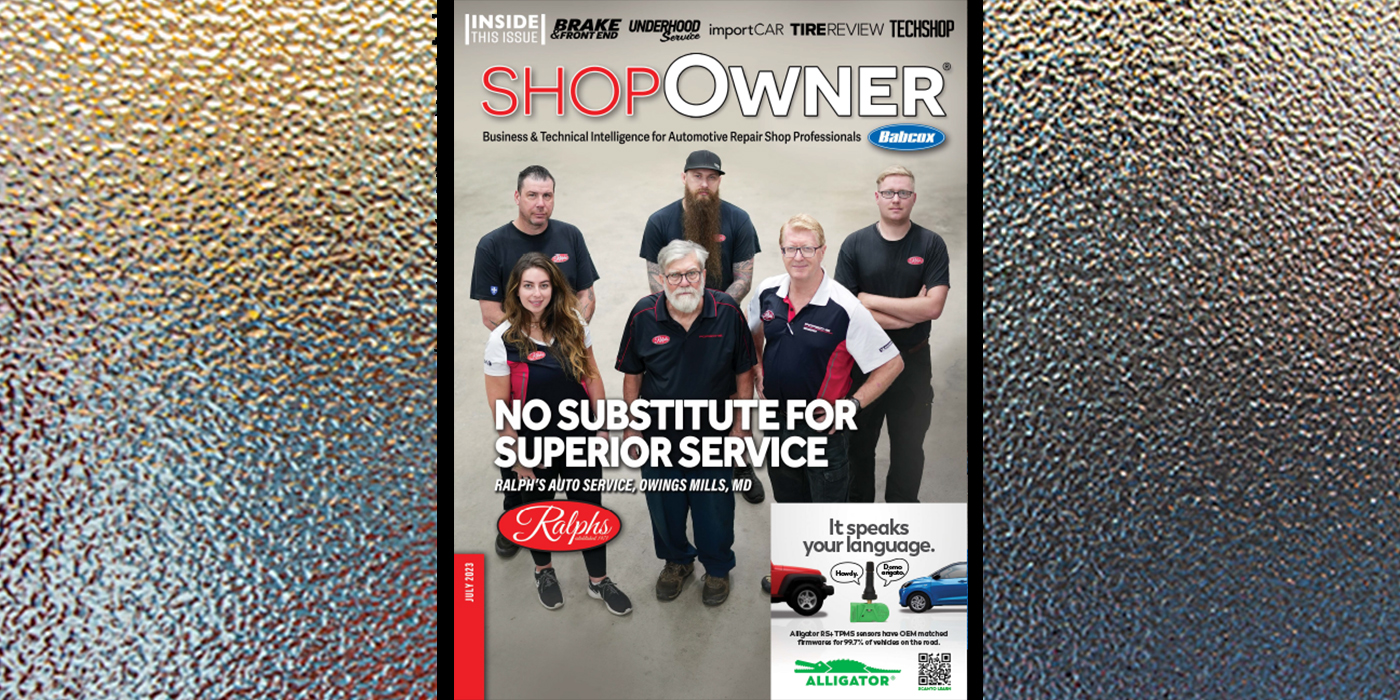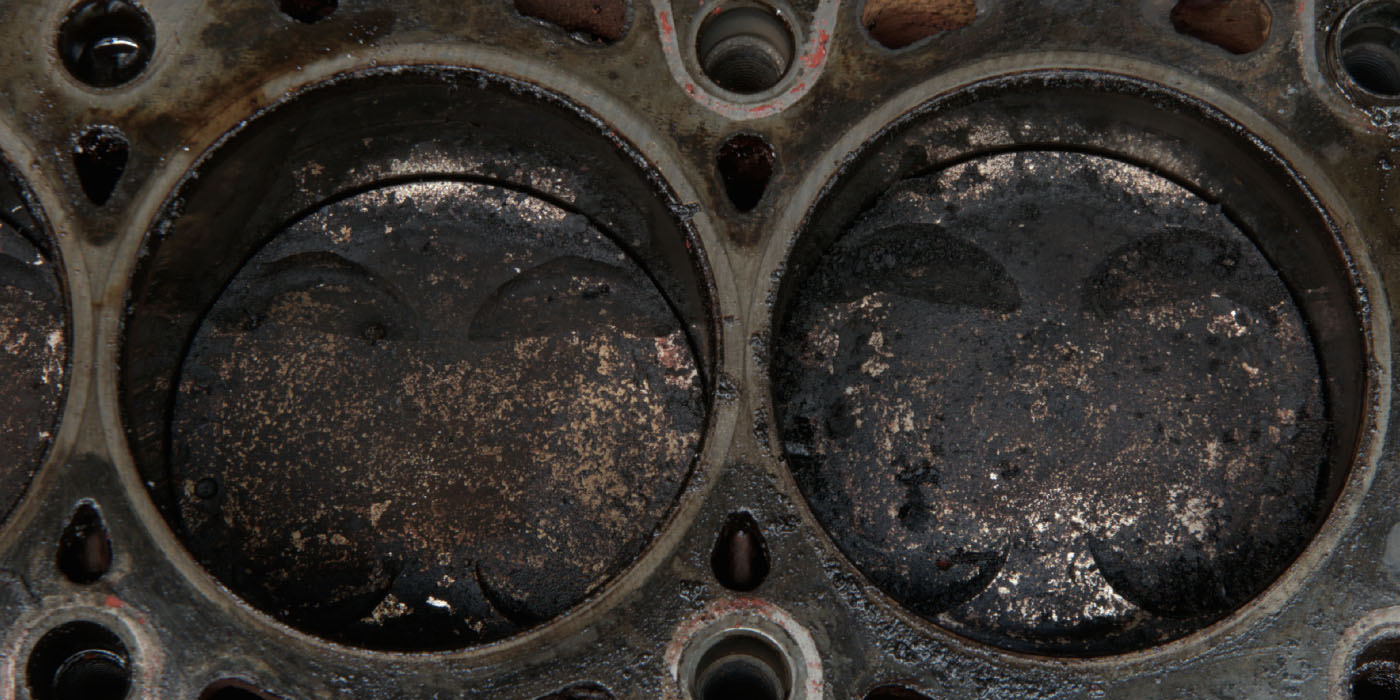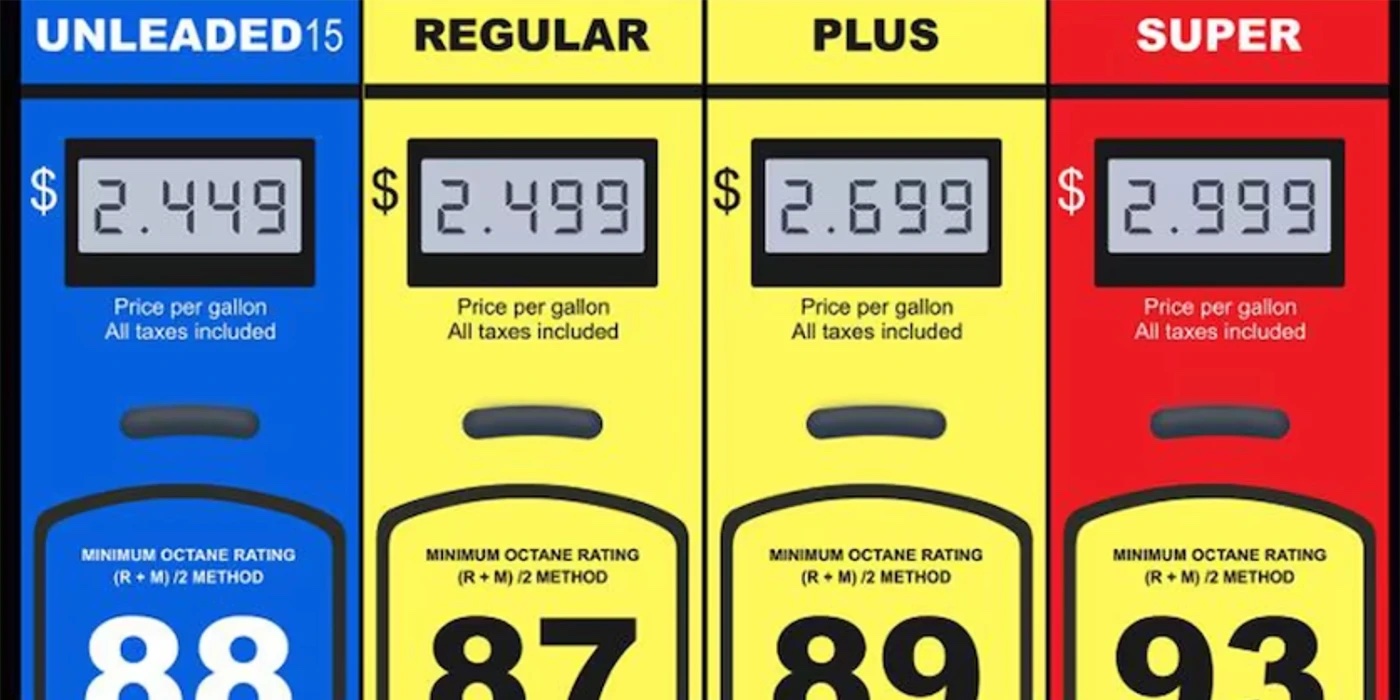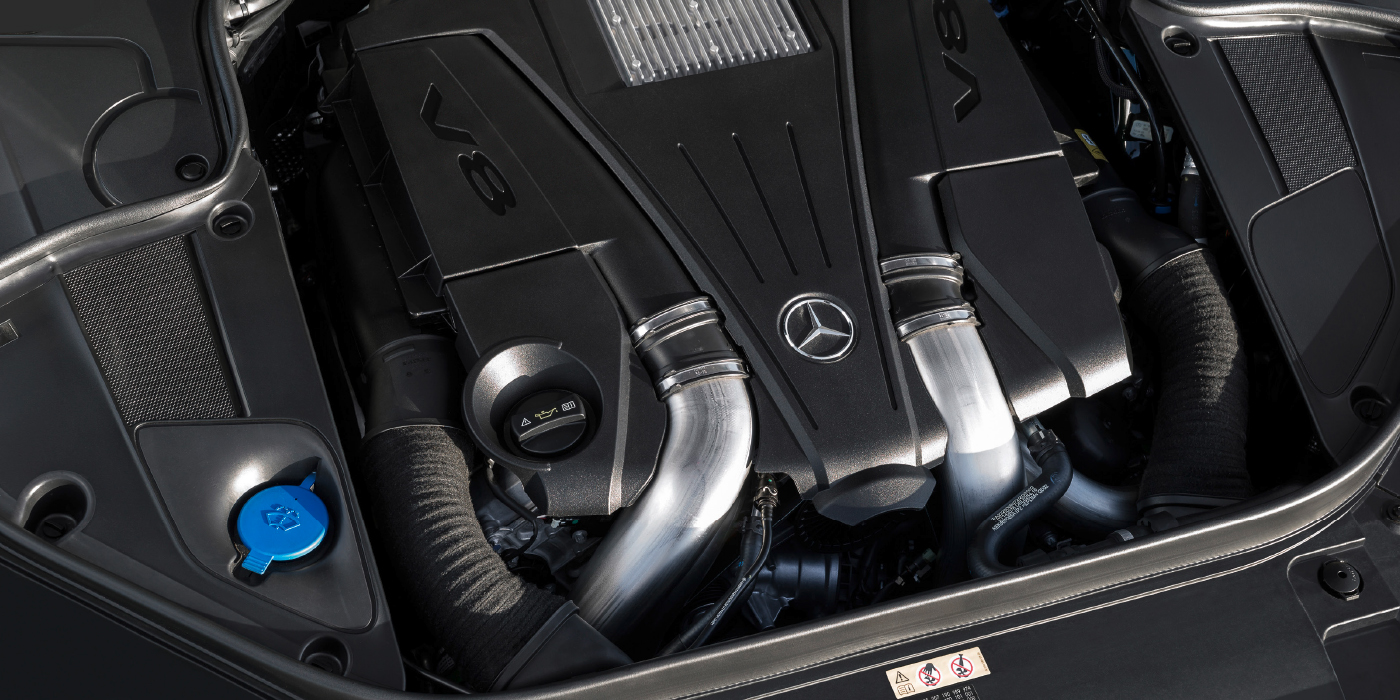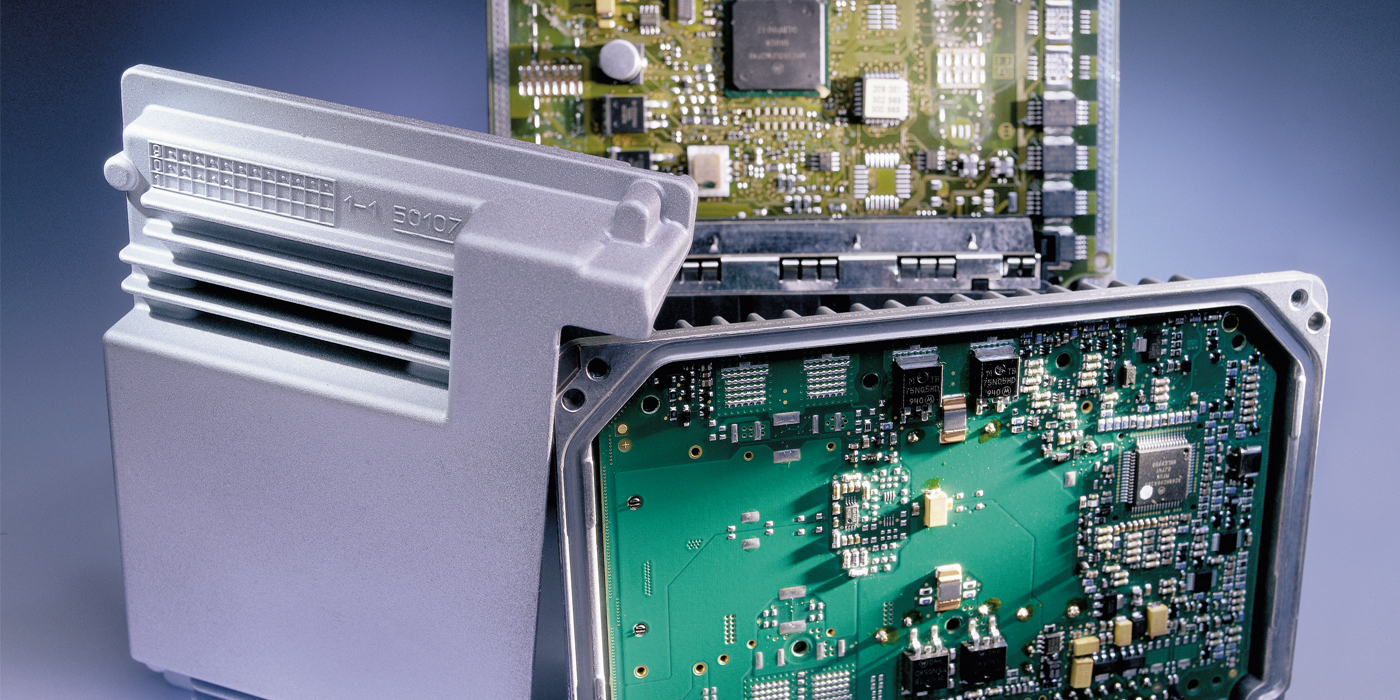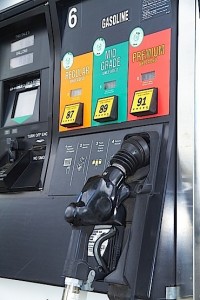 In the 1980s, fuel injectors were rapidly replacing carburetors. And, with more fuel-injected vehicles on the roads, it quickly became apparent that some gasoline formulations were not suited for injectors and leaner-burning engines. Most fuels either lacked detergents or did not have adequate levels of detergents to keep the injectors and intake valves clean.
In the 1980s, fuel injectors were rapidly replacing carburetors. And, with more fuel-injected vehicles on the roads, it quickly became apparent that some gasoline formulations were not suited for injectors and leaner-burning engines. Most fuels either lacked detergents or did not have adequate levels of detergents to keep the injectors and intake valves clean.
It was not until 1995 that the Environmental Protection Agency (EPA) enacted minimum requirements for gasoline detergent levels. The EPA standard mandated that all grades of gasoline have additives and detergent that were able to remove varnish and carbon deposits to reduce vehicle emissions that can harm the environment.
In the past 20 years, the EPA-required detergent levels have not changed, even though modern engines have higher compression ratios, leaner fuel mixtures and tighter tolerances. Some refiners have increased detergent levels and re-engineered additive and detergent packages to keep pace with modern engines. But, some refiners are still only meeting the minimum 1995 requirements as a way to save money. In 2004, GM, Honda, Toyota and several other automakers got together and created a recommendation for refiners. The consortium set forth recommendations on additive and detergent levels for all grades of gasoline. The automakers were concerned that lower detergent levels could lead to engine problems that could damage catalytic converters they had to warranty for 80,000 miles.
These recommendations were used to make a proprietary standard called “Top Tier” gasoline. Top Tier gasoline certification is voluntary, and more details can be found at www.toptiergas.com.
As a technician, it is hard to gauge a consumer’s gas-buying habits: Some owners may use a cell phone app to find the cheapest gas, while others habitually buy gas at one or two stations. No matter the type of customer, some in-tank fuel cleaners can help to alleviate fuel system and carbon buildup issues. Selling these fuel system cleaners in association with other maintenance services, like oil changes, is cheap insurance against cheap gas.
5 Services To Keep Intake Carbon At Bay
1. Scheduled oil changes can keep the camshaft actuators working in optimal condition to control the exposure to combustion gases and the temperature of the intake valves. On late-model vehicles, the variable valve timing components act as the EGR system. If an actuator is sluggish, it can result in higher-than-normal cylinder temperatures that create a perfect environment for carbon deposits to form.
2. Spark plug replacement can reduce the amount of unburned fuel in the combustion chamber that can stick to the valve and piston to form carbon.
3. Professional induction service cleaning products can clean the throttle body and be used to spray a solvent on the back of the intake valves. This can complement in-tank treatments. These cleaners can be sprayed through the vacuum port or directly into the fuel rail.
4. Replacing the Positive Crankcase Ventilation (PCV) valve can prevent excessive blow-by and oil from making its way to the intake manifold and valve. Most PCV valves cost less than $20, but they can save thousands in engine repairs.
5. A new air filter can correct fuel trim issues to ensure the engine is not too lean or too rich.

